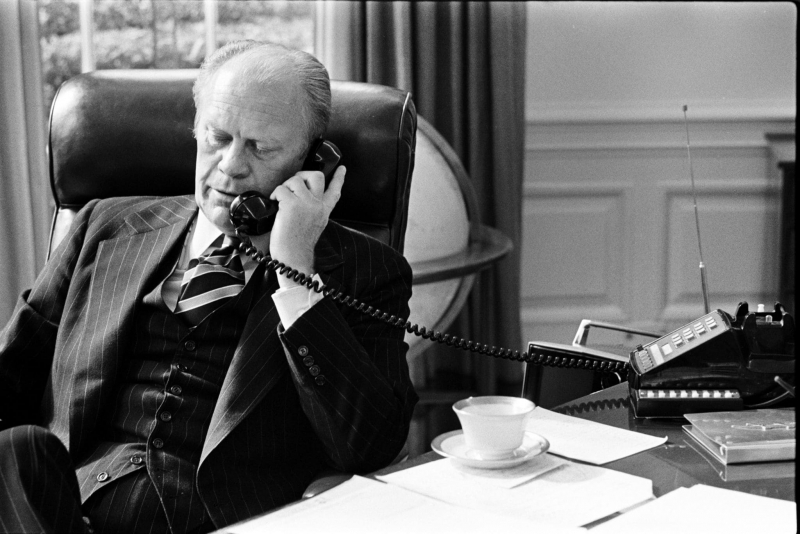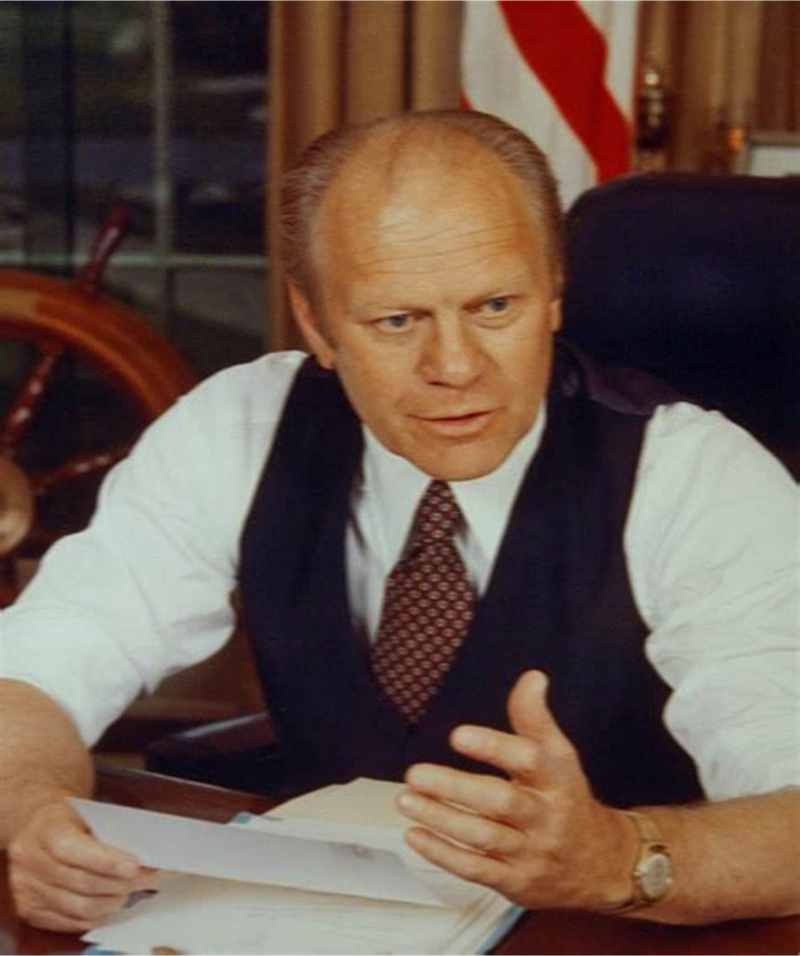He stood by his decision to pardon Nixon–even though it might have cost him reelection
Ford only spent 896 days in the White House. In September 1974, his decision to pardon Richard Nixon in full and without conditions shocked, infuriated, and led to accusations that he had made a secret agreement with his predecessor. Ford never wavered in his belief that the choice was the right one, even though it probably contributed to the negative perception of his administration as a whole and cost him the 1976 election to Jimmy Carter. Nixon believed that if he had been put on trial while he was president, "all of the healing process that I thought so vital would have been far more difficult to achieve," according to his 1979 autobiography and chats in retirement.
Regarding the Watergate incident, Ford declared that America's "long national nightmare" had ended when he took office on August 9, 1974. Ford had to make a decision on Nixon's impending indictment without any historical or legal precedents, but after giving it some thought, he decided to fully pardon Nixon for all crimes against the United States in order to put the tragic and disruptive affair behind everyone involved. Ford defended this choice by arguing that a protracted trial would only have split the public more. Many people opposed Ford's decision to pardon Nixon, and it is believed that this move played a part in Ford's loss of the 1976 presidential election.











